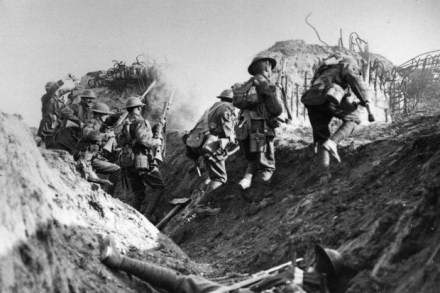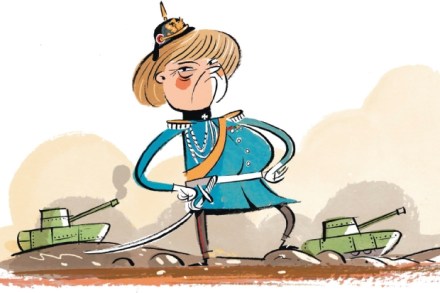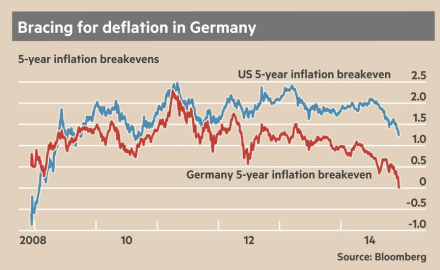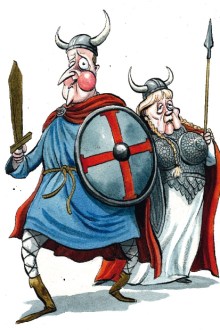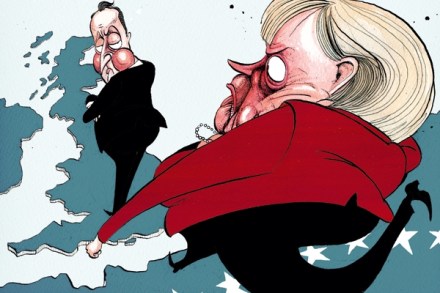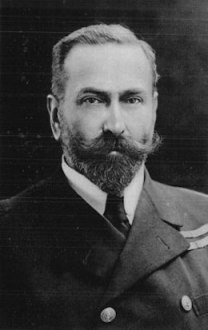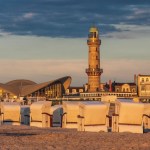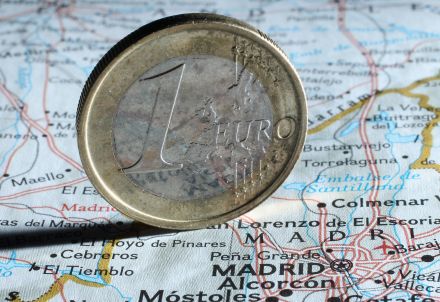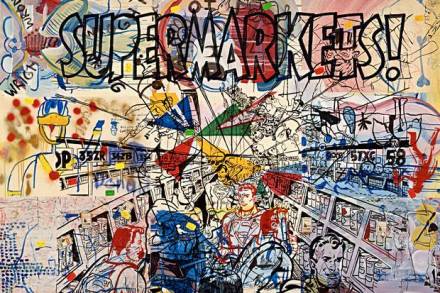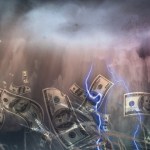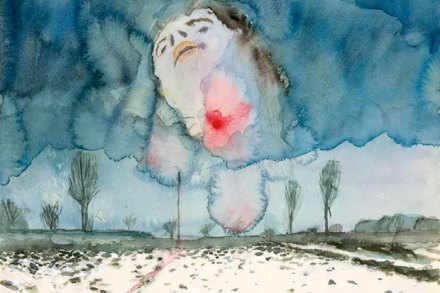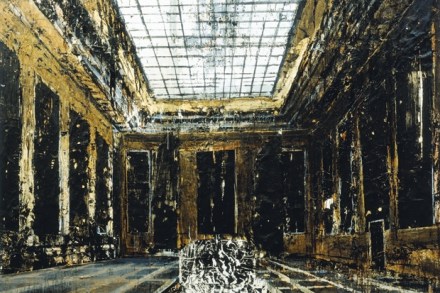Germany’s anti-Islamisation sentiment isn’t going to disappear any time soon
Consider the odium Ukip attracts from right-thinking pundits – by which I obviously don’t mean right as in conservative – square it, and you’re getting close to the opprobrium that the anti-Islamisation movement, Pegida (Patriotic Europeans Against the Islamisation of the Occident), is attracting in Germany, not to mention outside it. For a group of demonstrators that number around 17,500 at the most in their most popular Monday gatherings in Dresden, it’s remarkable the breadth of the coalition against them: the churches, Angela Merkel (‘there can be no place in Germany for religious hatred’), the employers federation leader, Ulrich Grillo (‘we should welcome more refugees’) and obviously every anti-racism group




